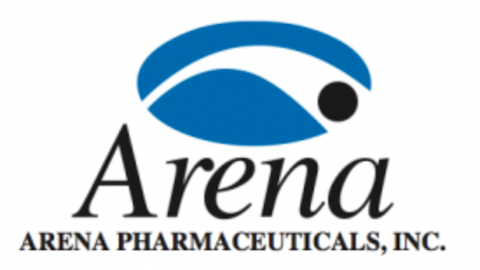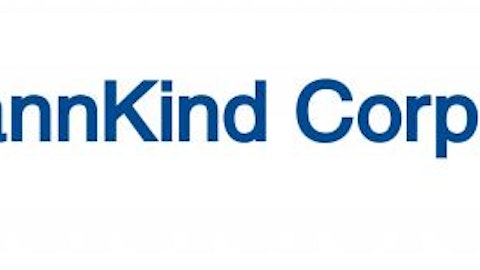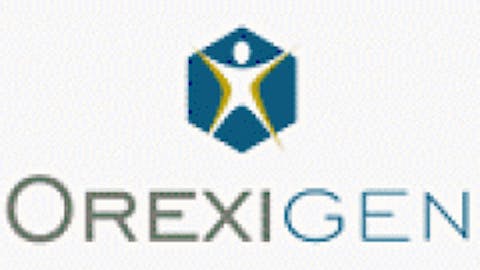
VIVUS, Inc. (NASDAQ:VVUS), on the other hand, has had a lot of trouble in its efforts to make Qsymia a success. This is because the FDA has placed stricter guidelines for approval of Qsymia. It has been approved as an addition to a reduced calorie diet and exercise for patients with chronic weight issues. This approval also includes recommendation for post marketing monitoring for cardiovascular risk and restricted distribution to specialty mail order pharmacies only. This restriction has been one of the primary reasons behind poor sales of Qsymia so far.
Although both Belviq and Qsymia have yet to show their market potential, each company has crossed the magic mark of $1 billion in market capitalization. Therefore even if consumers have yet to show their interest, investors believe in this new industry, and that means any new company that rolls out an FDA-approved obesity pill will probably get stellar valuations. The company closest to achieving this task is Orexigen. It is currently working on the Light Study for its obesity pill Contrave. The company is testing the drug in a randomized cardiovascular trial involving 9,000 patients. Positive trial results could eventually lead to FDA approval, and the company’s stock could easily reach its mean sell side target price of $10, a 100% return on current valuations.
Quarterly Results
The other day, VIVUS, Inc. (NASDAQ:VVUS) released its highly anticipated quarterly results. The market was expecting the company to report EPS of $-0.44, and more importantly revenues of $3.09 million. The most important takeaway from the quarterly earnings was the amount of interest Qsymia has generated and the steps the company was taking to improve sales figures. If we look at the table below, we can see that Vivus has missed Street expectations in the last four quarters.
| Earnings History | 11-Dec | 12-Mar | 12-Jun | 12-Sep |
| EPS Est | -0.11 | -0.14 | -0.23 | -0.31 |
| EPS Actual | -0.14 | -0.2 | -0.24 | -0.4 |
| Difference | -0.03 | -0.06 | -0.01 | -0.09 |
| Surprise % | -27.30% | -42.90% | -4.30% | -29.00% |
Source: Yahoo! Finance
Actual Quarter Results
Qsymia sales once again failed to inspire a share price rebound, and the stock was down 5% on earnings. The bad news for investors is that the pill only generated sales of $2 million, as compared to Street expectations of $3.1 million. However, on the bright side, the free trial program ‘Get Started’ has been immensely effective. According to company disclosures approximately 17,000 people have participated in the program, and a staggering 70% have asked for a paid second round of prescription. However, these marketing efforts have increased the company’s SG&A expenses to $50.3 million. VIVUS, Inc. (NASDAQ:VVUS) ended the quarter with a cash balance of $58 million, and according to analysts will have to raise cash at this outflow rate in the next 12 to 18 months.





